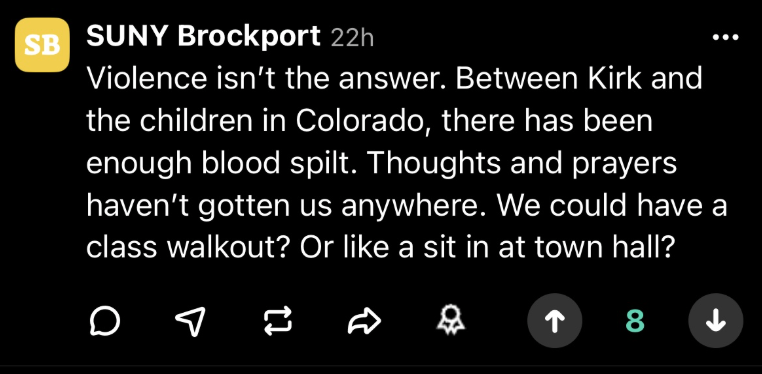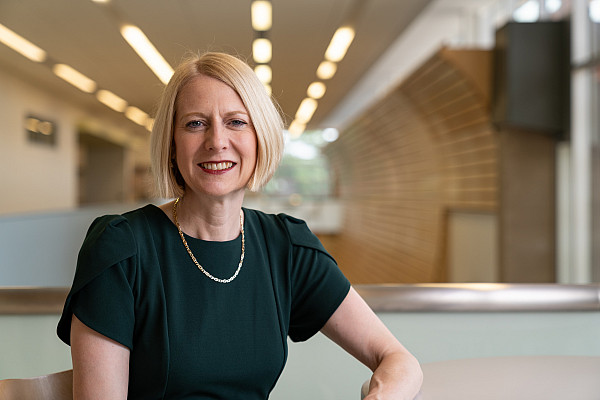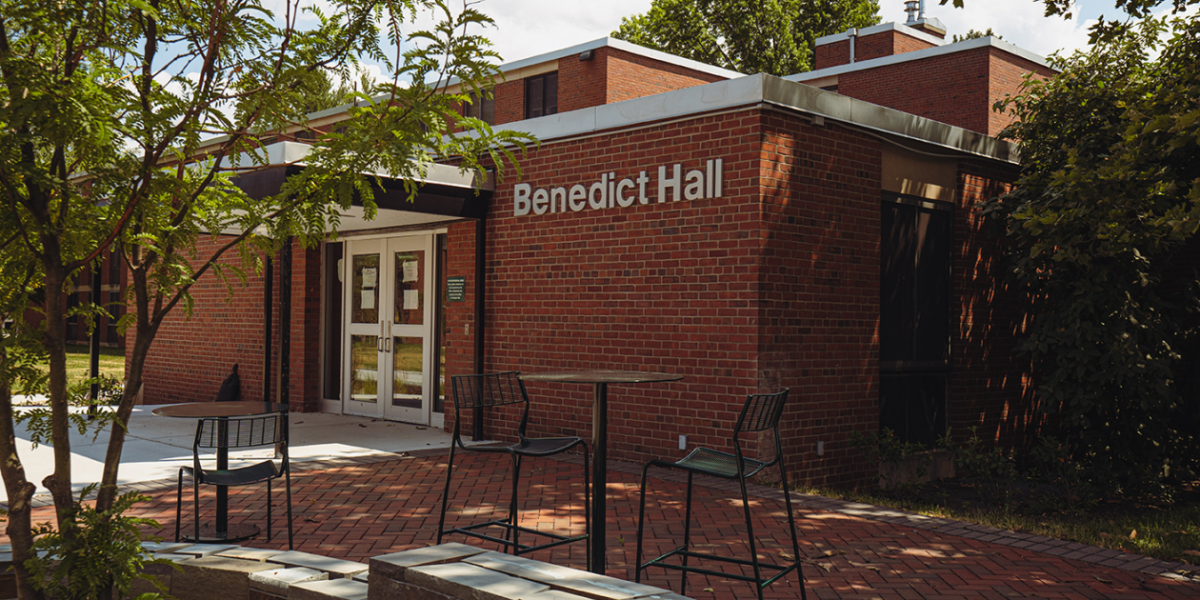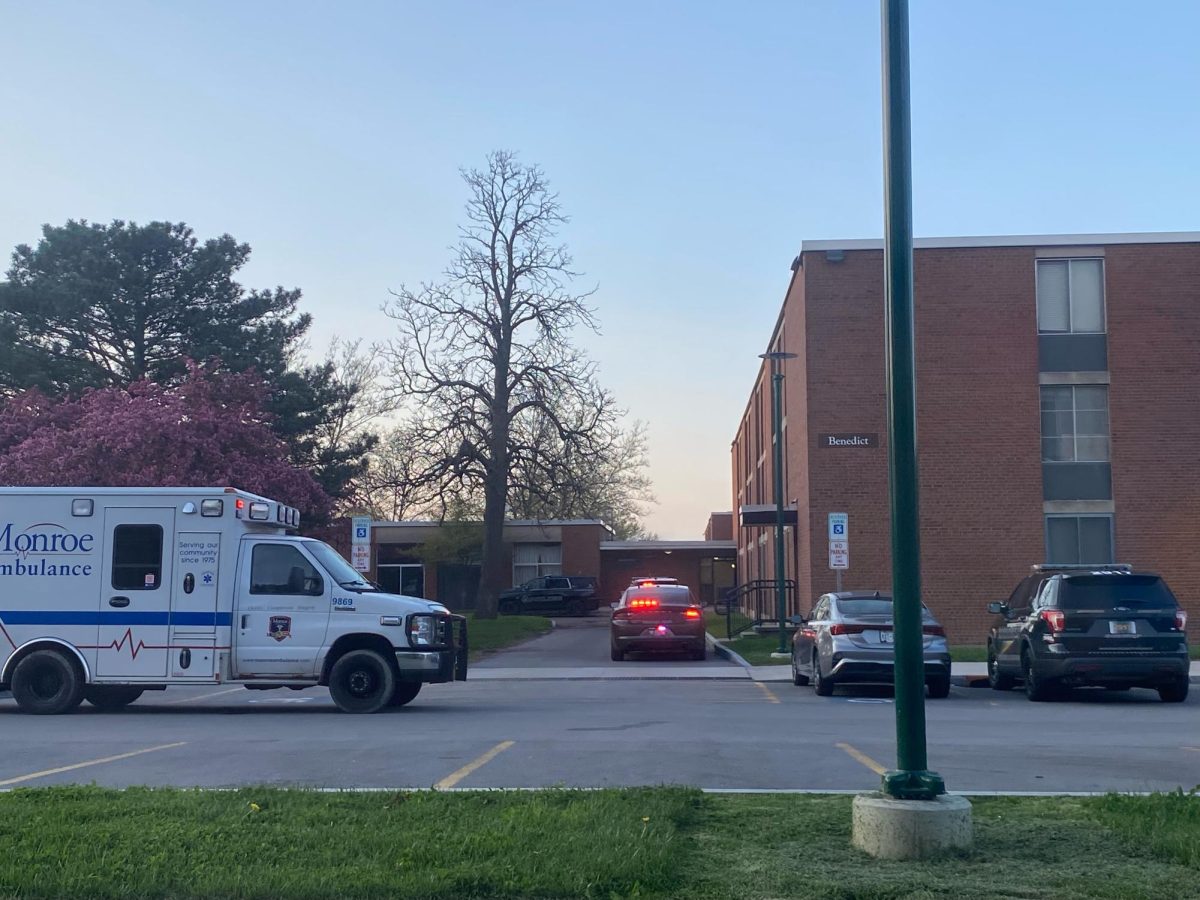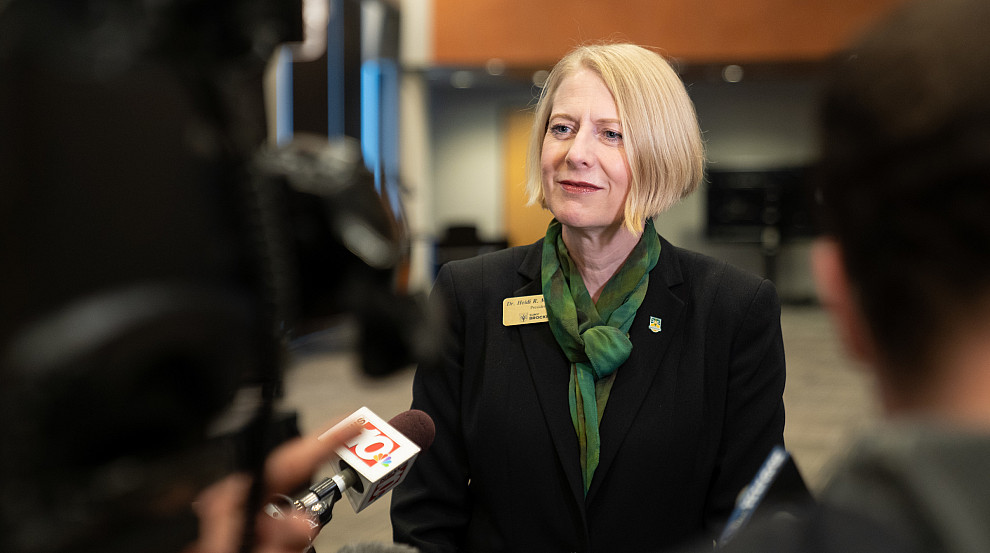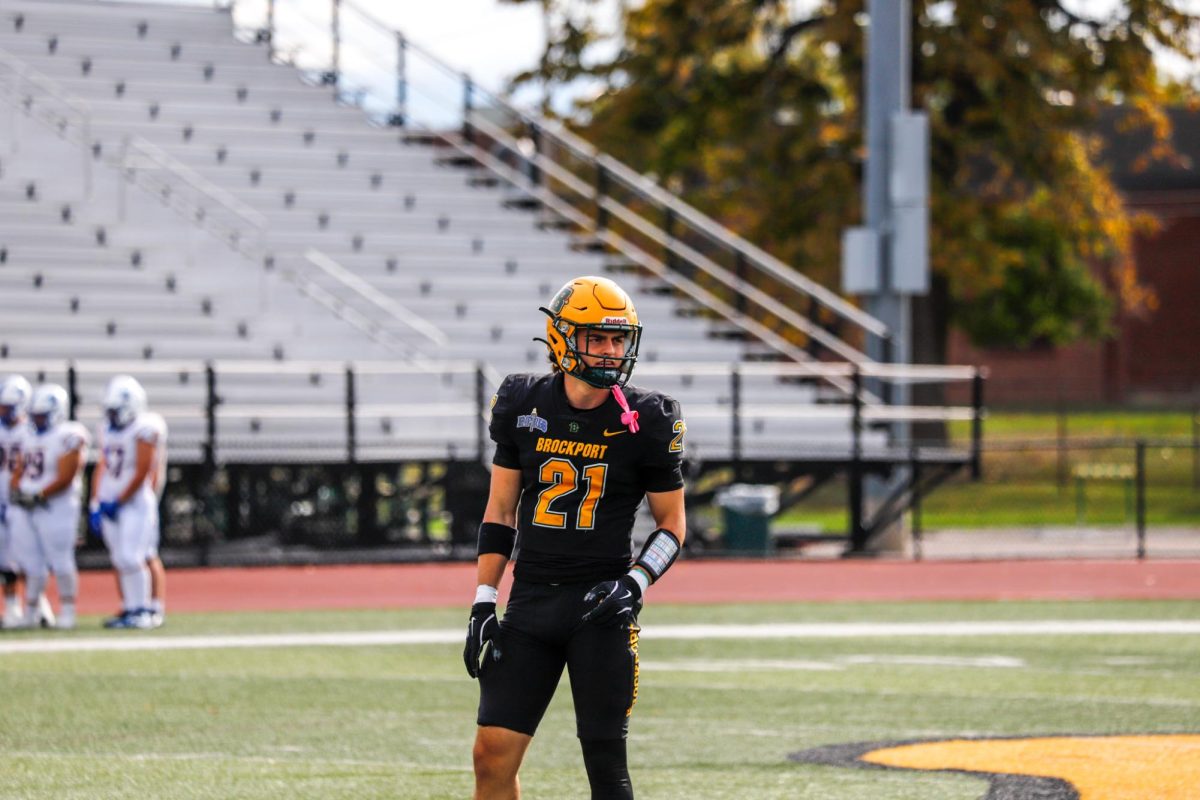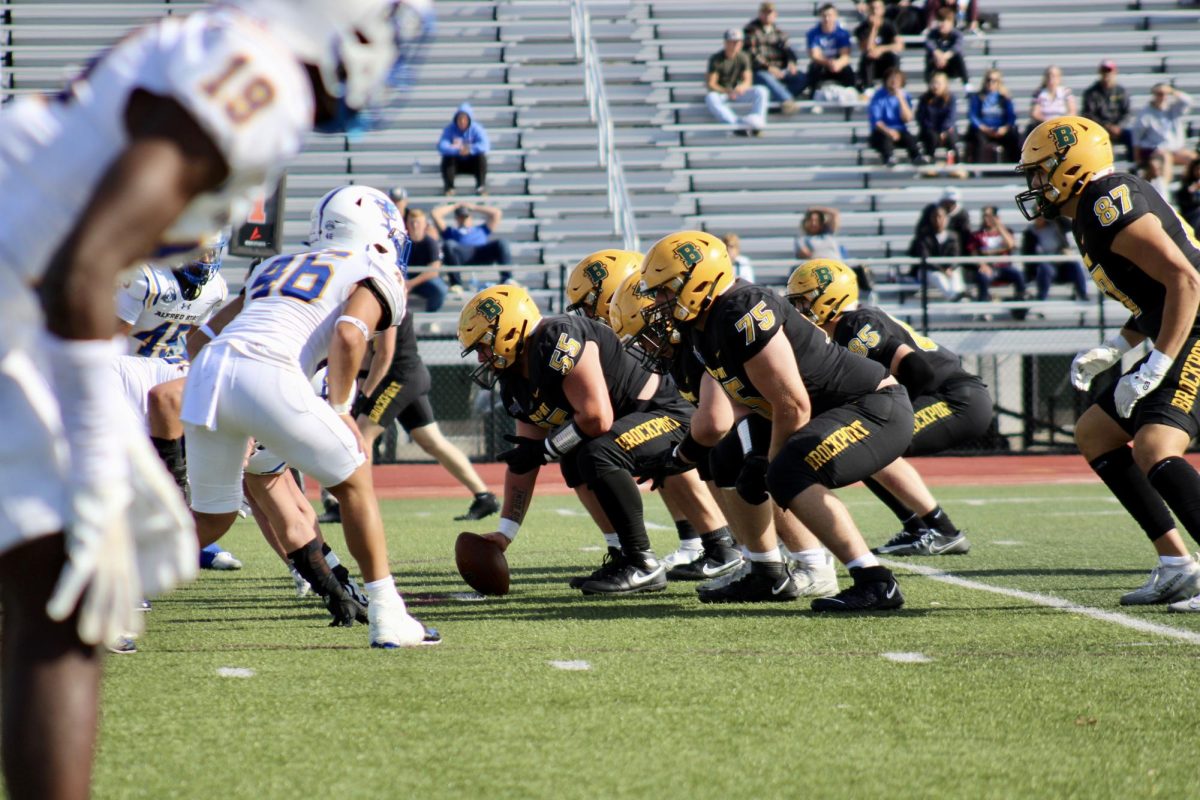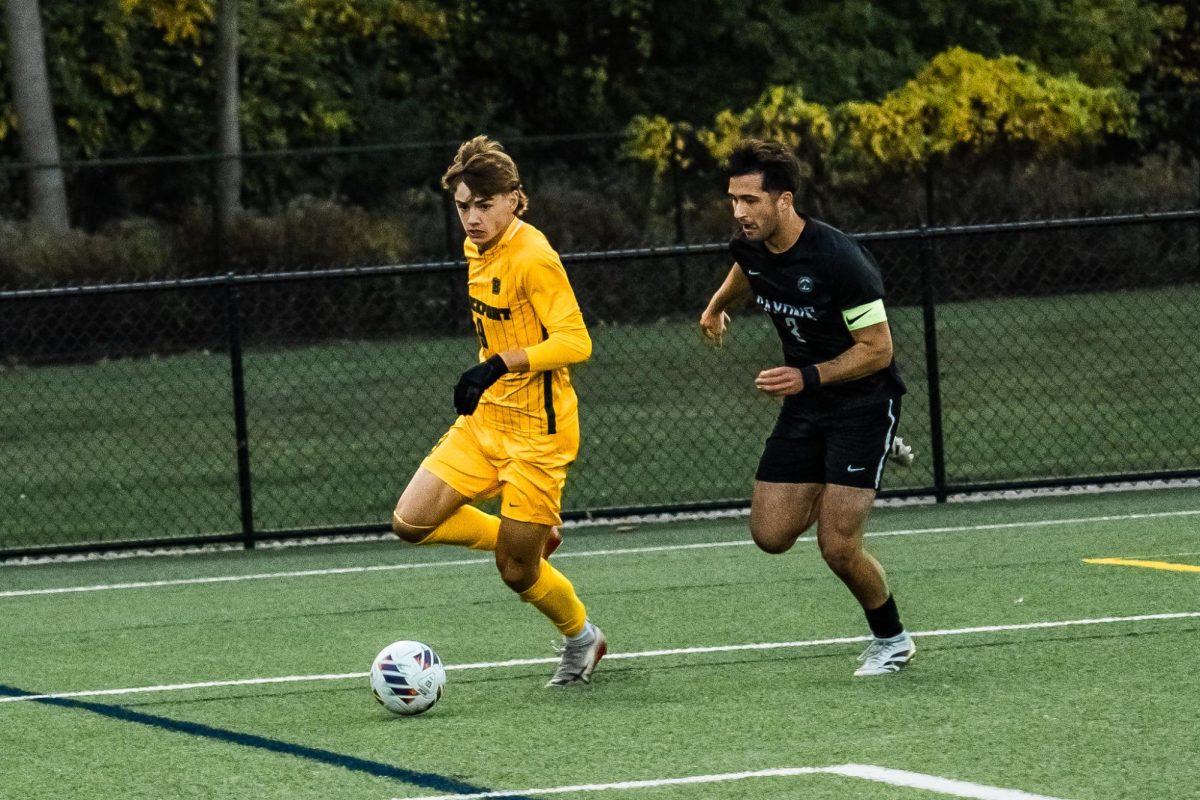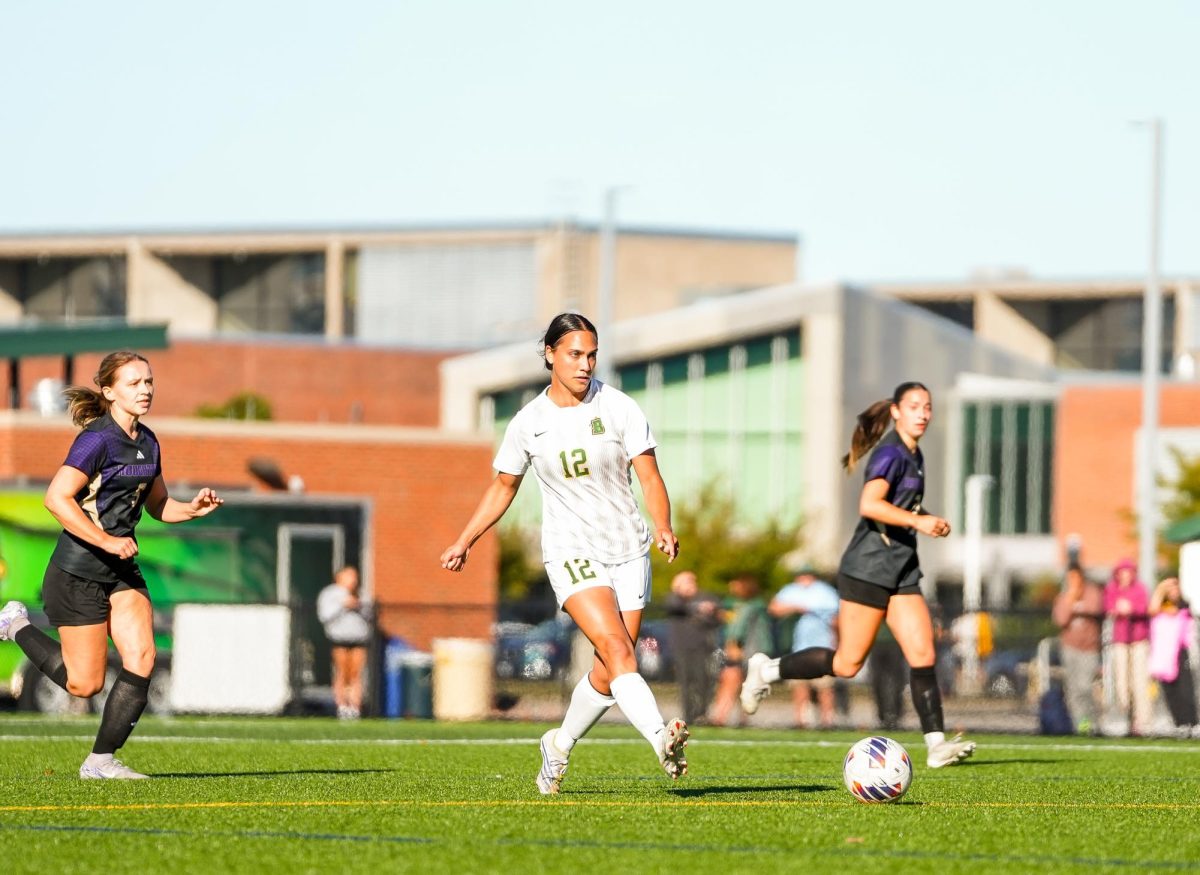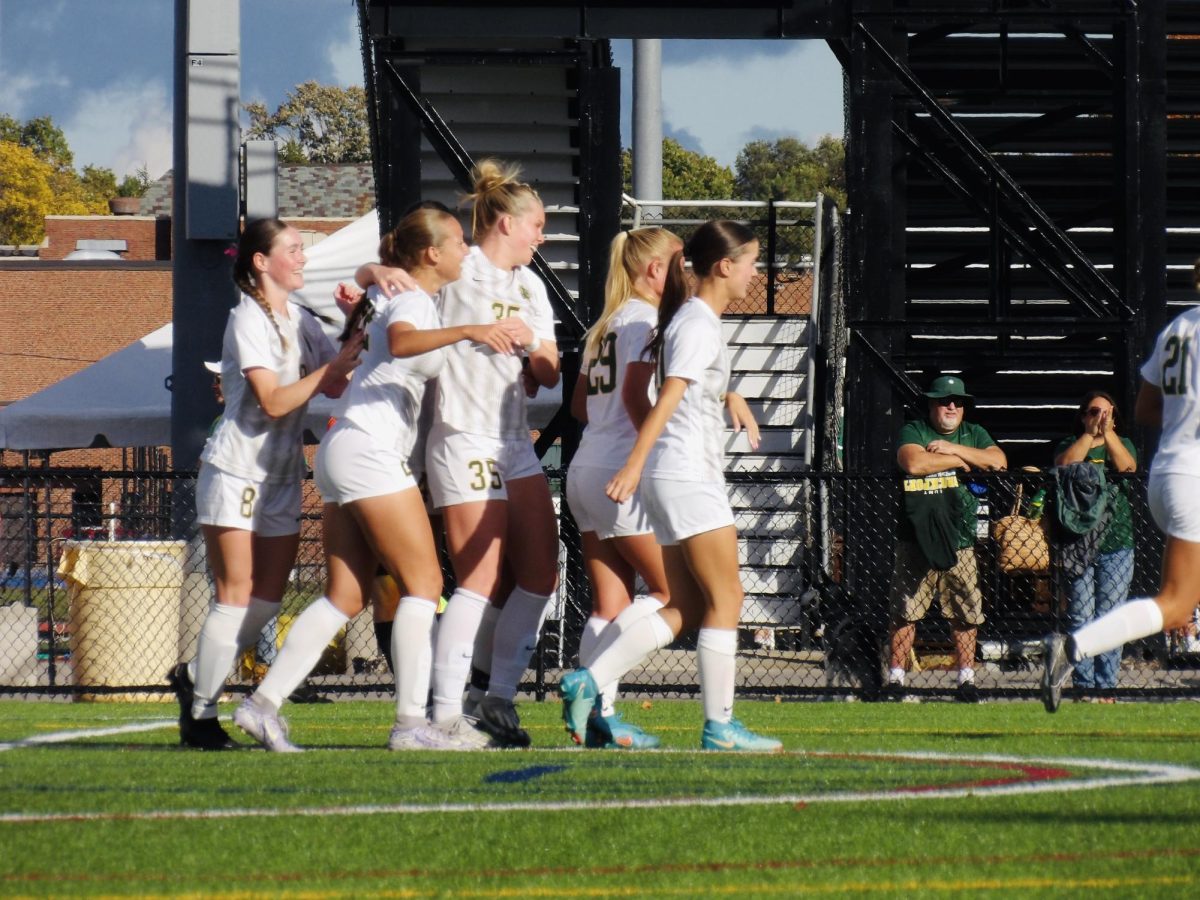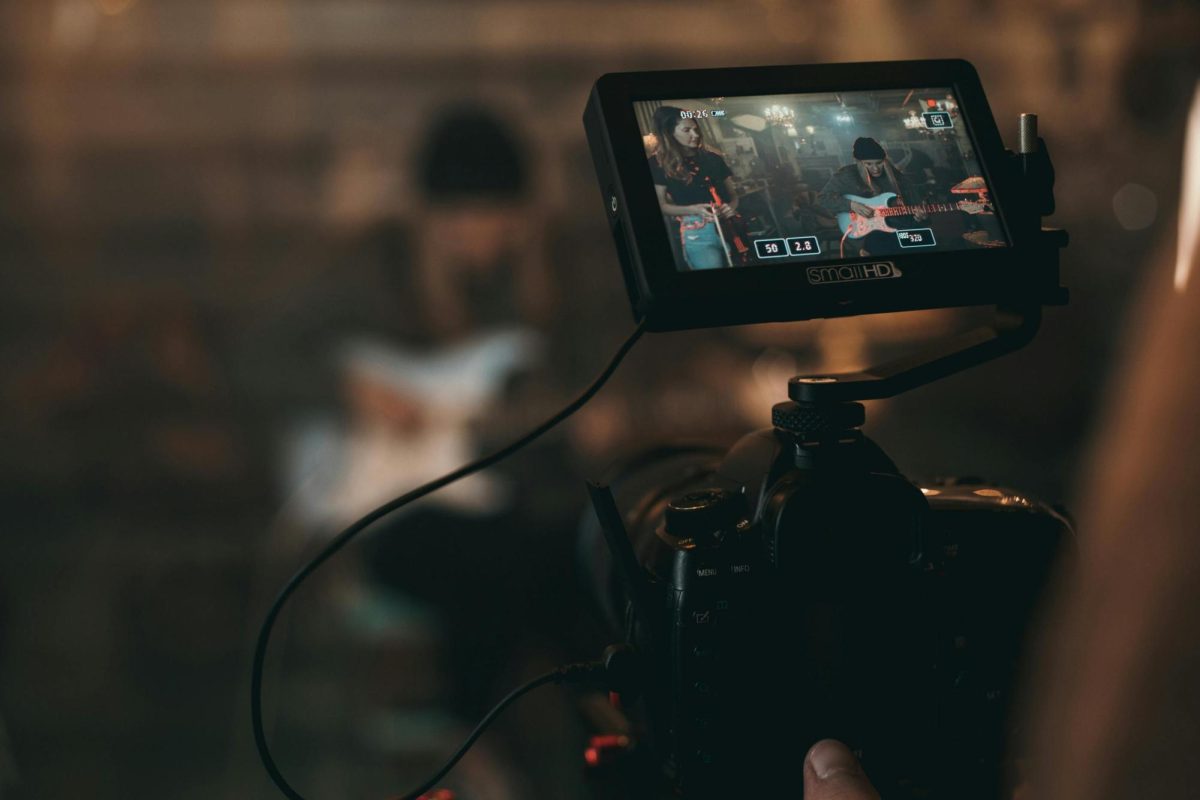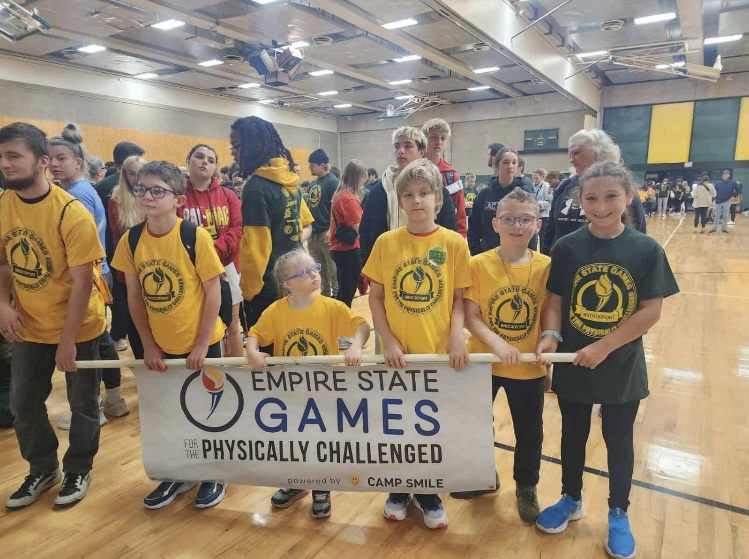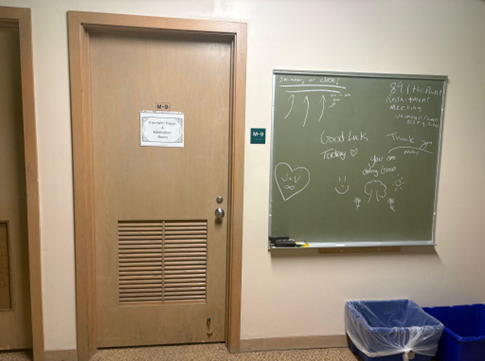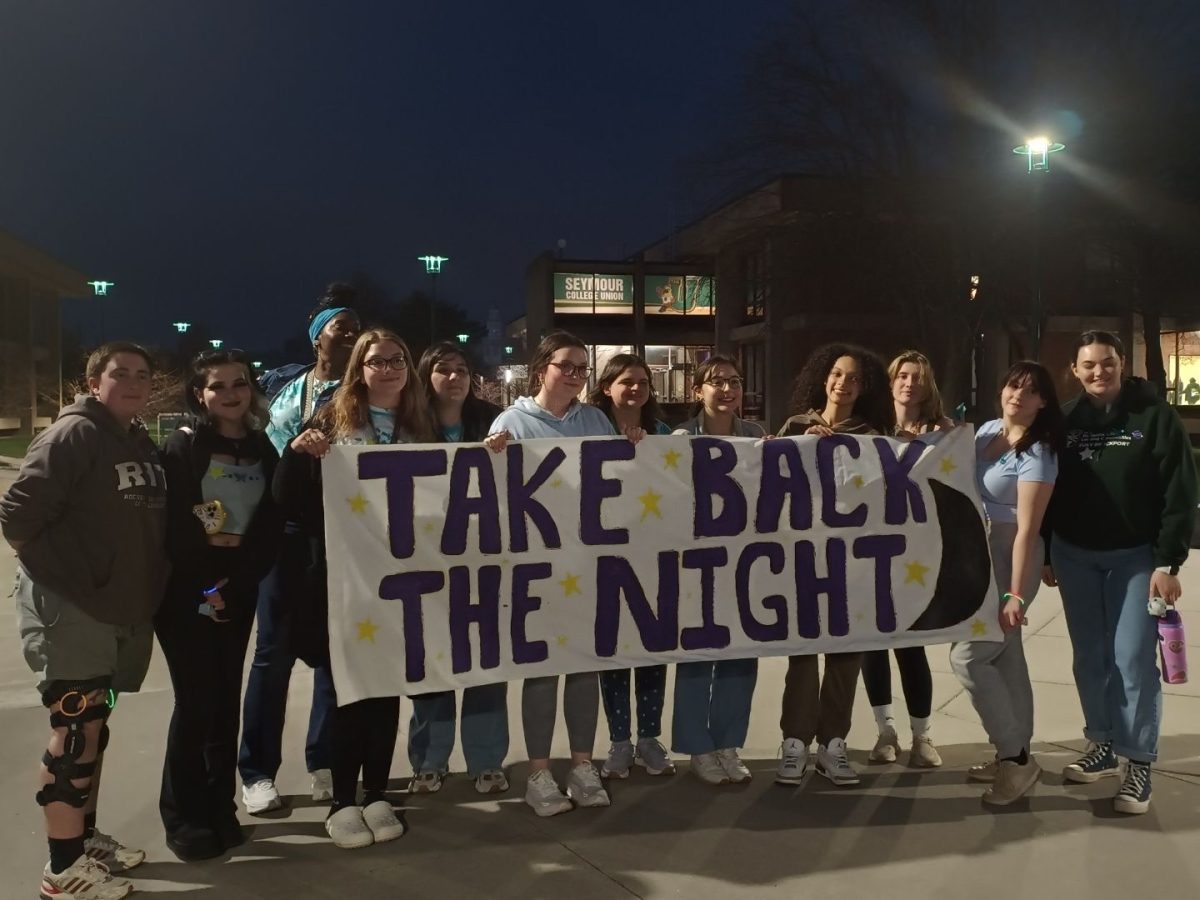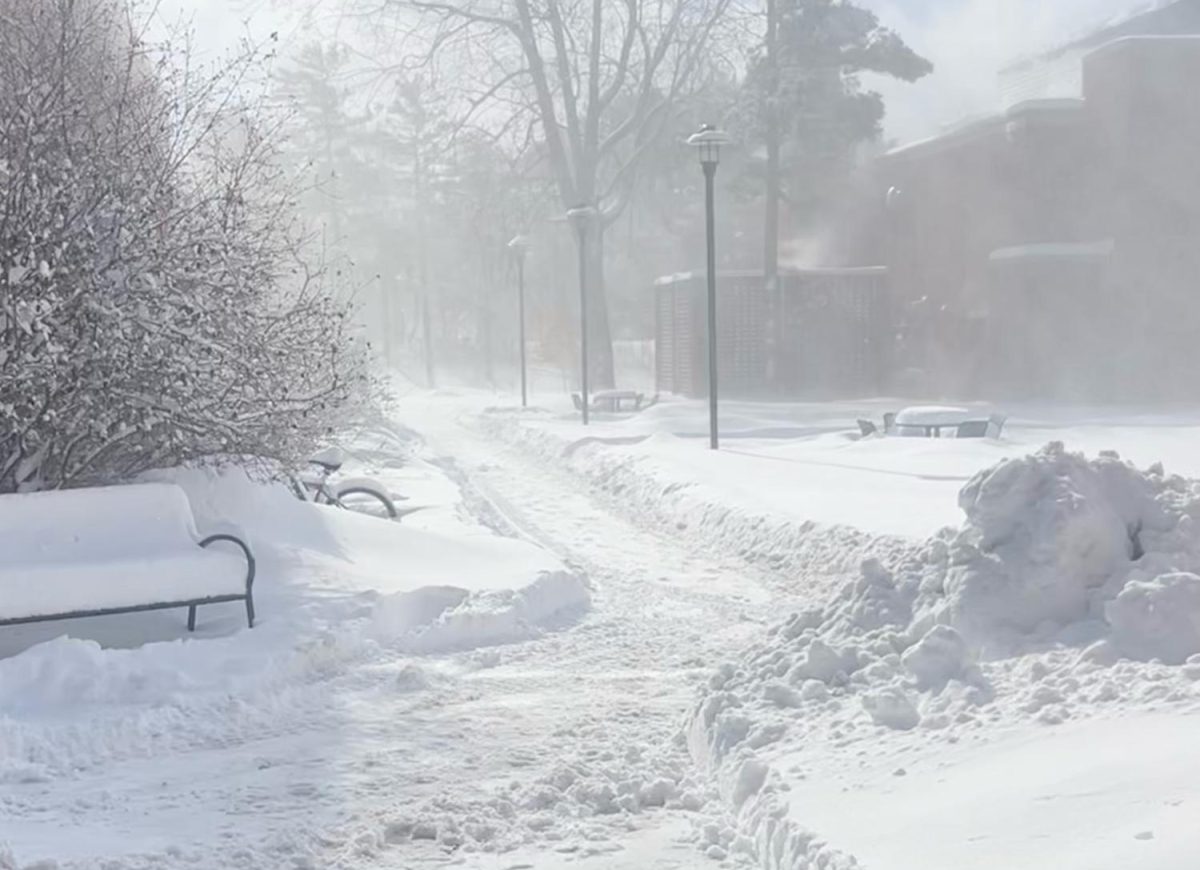Over a year later and COVID-19 is still impacting student’s lives.
COVID-19 began as an epidemic in Wuhan, China in 2019. This virus then quickly spread to the rest of the world and grew into a worldwide pandemic.
The CDC states on their website, “COVID-19 seems to spread more easily than flu and causes more serious illnesses in some people. It can also take longer before people show symptoms and people can be contagious for longer.” Some of the more common symptoms for COVID-19 can be listed here.
The contagious and deadly nature of COVID-19 was a terrifying reality and created a world of paranoia.
For those with pre-existing anxiety or depression, this pandemic worsened their mental health. Some people with anxiety became concerned about the possibility of catching COVID-19 and spreading it to people they love and care about.
What was once passed off as a simple cough now became a source of fear. Nowadays, even the slightest cough can send someone down a rabbit hole, worrying about if they have COVID-19 or not.

Some claimed to have driven themselves crazy with extra precautions and restrictions resulting in total isolation, derailing their mental health.
“Everyone is getting sick, and everyone is worried that it’s COVID-19,” said Darlene Schmitt, the Assistant Director of the Hazen Health Center.
Schmitt also works as a licensed mental health therapist, providing direct core counseling and assessments for students on campus.
As one of the on-call contacts for crisis management, she is aware of most mental health concerns on campus. Over the course of the pandemic, Schmitt has reportedly seen firsthand how COVID-19 has impacted college students’ mental health.
One of the restrictions that impacted students the most, in Schmitt’s opinion, was social distancing. Learning in an online setting was difficult for most outgoing college students like Micah Westcott, who says he learns best hands-on.
“During the pandemic, there were very destructive episodes of just impeding depression. I couldn’t get things done; I didn’t think I had anything to look forward to. I was starved of those social relations that I depended on,” Westcott said.
Westcott struggled with accomplishing simple tasks and had difficulty learning in a non-interactive environment. He felt detached from his classes while sitting at a computer all day.
Westcott claims he was an excellent student throughout high school, but says he rapidly started to decline his senior year after classes shifted to an online learning environment.
“I found it difficult to interact with only myself,” Westcott said.
Socially distancing from his home and only interacting from his computer is what he claims made him feel isolated and alone. His only social interaction was his own thoughts, which later turned dark.
However, despite his struggles, Westcott was able to turn his life around. In order to get the help he needed, it required him to hit rock bottom to change his perspective on the situation.
During the pandemic, he explains how he lost interest in his day-to-day activities, losing motivation to complete the simplest of tasks.
“Frankly, if I hadn’t hit that rock bottom, I don’t think I would have had the motivation to exceed the bare minimum of what I was doing before. Now I do and I’m very happy about that,” Westcott said.
This rock bottom Westcott spoke of was his hospitalization back in January. He admitted himself to Four Winds Hospital in Saratoga when he realized he was so depressed he was unable to move or function.
As Westcott recalls, he was “in an impenetrable lethargic state and unable to do anything.”
After two weeks in the hospital with therapy and medication to treat his depression, Westcott claims he was able to re-enter society with an entirely new outlook.
He says he left the hospital with an optimistic perspective on life, hopeful for the future.
One of the most important messages he took away from therapy was the importance of self-affirmation. He believes this is what saved his life.
Westcott says to combat the “pandemic of depression,” you must practice self-affirmation and truly love yourself. By putting value on his life, he became more optimistic and social than before.
Over the past year and a half, many college students like Westcott have battled mental health issues worsened by the COVID-19 pandemic. Unlike Westcott, not everyone is able to gain such a unique perspective on life and have a good outcome.
Schmitt says that although mental health problems have certainly become more prevalent during the pandemic, it didn’t create them. Usually these are problems that were already there, the pandemic itself just exacerbated them to the point where it was heavily impacting people’s lives, particularly college students.

